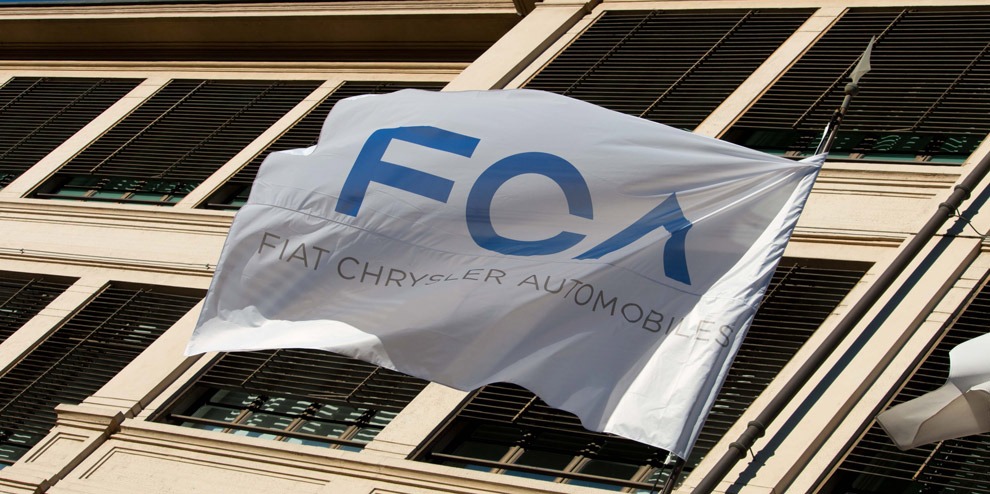EMEA, Maserati boost FCA Q1 profits as it looks beyond Waymo for driverless vehicles
27 April 2017

27 April 2017
Fiat Chrysler Automobiles (FCA) reported record first quarter profits on Wednesday. Adjusted EBIT increased 11% to €1.5 billion and resulted in an improved margin of 5.5%. This is despite global deliveries for the group in Q1 2017 remaining essentially flat compared to Q1 2016, at 1.145 million units.
The NAFTA region still accounted for more than 80% of FCA’s profits in Q1 2017 and therefore remains critical to the group but the EMEA and Maserati divisions were the greatest profit contributors in both percentage growth and value growth terms. Adjusted EBIT in the EMEA region increased by €82 million to €178 million (up 85%) and the Maserati unit increased profits by €91 million to €107 million, equating to phenomenal growth of almost 570%. Margins at Maserati also improved significantly from 3.1% to 11.3% as a result.
FCA attributes revenue growth in the EMEA region to higher volumes – driven by the Fiat Tipo family and the Alfa Romeo Giulia and Stelvio – and the impact of the new Alfa Romeo models on the vehicle mix in Europe. Aside from the revenue growth, profits were boosted by purchasing and manufacturing efficiencies, although these were ′partially offset by increase in advertising costs, research and development costs and depreciation related to new vehicles.’
FCA reports that deliveries of Maserati almost doubled to 11,900 units in the first quarter of 2017, up from 6,300 units in Q1 2016. The new Levante SUV is naturally credited with increasing shipments in all regions.
Having sent rather mixed messages about a potential merger with the Volkswagen Group in March, FCA CEO Sergio Marchionne is now focusing on a turnaround plan with debt reduction and revitalising the Jeep, Maserati and Alfa Romeo brands as core focus areas. However, a merger still remains a distinct possibility and FCA’s improving financial situation also makes it a more attractive proposition.
Marchionne sees a merger as crucial for the future of FCA as development costs increase to meet increasingly stringent emissions targets as well as the investment required in connected and autonomous vehicles.
As far as autonomous vehicle development is concerned, Reuters reported on Wednesday that Marchionne said ′Fiat Chrysler Automobiles may seek more supplier partners to help it develop and build self-driving vehicles.’
FCA has a partnership with Waymo, which is ready to launch driverless tests with consumers, but Marchionne said that ′banking all of our solutions on one possible outcome is going to be disastrous.’ He added that ′we need to look at optionality in more than one dimension.’
Photograph courtesy of FCA